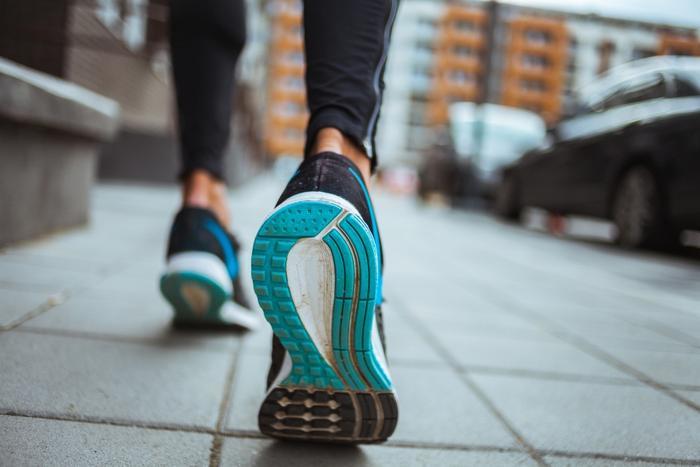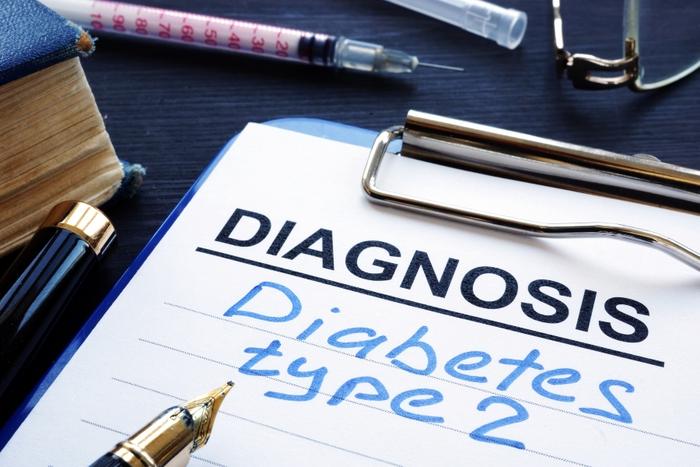Researchers say extreme exercise isnt necessary to experience benefits
By Kristen Dalli of ConsumerAffairs
July 2, 2020


Now, researchers from the University of Virginia Health System have found that exercise can also be beneficial in slowing — or even preventing — vision loss. For consumers with conditions like diabetes or glaucoma, engaging in light exercise could be helpful.
There has long been a question about whether maintaining a healthy lifestyle can delay or prevent the development of macular degeneration, said researcher Dr. Bradley Gelfand. The way that question has historically been answered has been by taking surveys of people, asking them what they are eating and how much exercise they are performing. The problem with that is that people are notoriously bad self-reporters…and that can lead to conclusions that may or may not be true. This [study] offers hard evidence from the lab for the very first time.
Improving all health outcomes
The researchers conducted their study on mice, providing them with wheels to exercise if they chose but never prompting or forcing any of the mice to engage in exercise.
Ultimately, the study revealed that exercise — even light exercise — benefited eyesight. According to the researchers, when consumers have a condition where eyesight is expected to deteriorate over time, these blood vessels can become harmful and grow until they impede vision. However, by engaging in exercise, the mice reduced the spread of these harmful blood vessels by 45 percent.
Mice are kind of like people in that they will do a spectrum of exercise, Dr. Gelfand said. As long as they had a wheel and ran on it, there was a benefit. The benefit that they obtained is saturated at low levels of exercise.
Moving forward, the researchers are curious to see how they could develop alternative treatment options for consumers who may struggle to physically exercise. Dr. Gelfand explained that exercise tends to happen less often in patients struggling with vision loss, so finding another way to give them those benefits would effectively boost both areas.
The next step is to look at how and why this happens, and to see if we can develop a pill or method that will give you the benefits of exercise without having to exercise, said Dr. Gelfand. Were talking about a fairly elderly population [of people with macular degeneration], many of whom may not be capable of conducting the type of exercise regimen that may be required to see some kind of benefit.
Open Original







